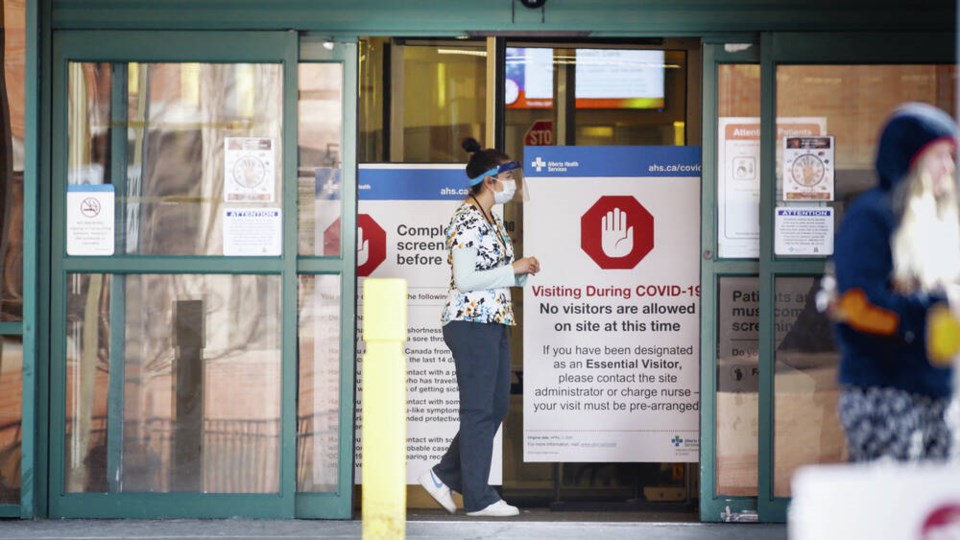This is a closer look at an issue I raised earlier this month. Recent events have given added weight to the matter.
When hospitals have insufficient resources to treat everyone, triage is the practice used to decide who gets help. It’s a form of rationing, and it dictates that the patients most likely to survive must be given preference.
That sounds unexceptional. But is it?
The question arises at present because some hospital ICUs in the north are flooded. Many, if not most, of the patients have COVID, and almost all are, by their choice, unvaccinated.
We learn now that 58 of them have been transferred to hospitals in the south, 45 of whom had COVID, and only one of whom had been vaccinated.
The majority have been placed in Island Health facilities, causing the hospitals affected to cancel surgeries. It seems likely these numbers will grow as the fourth COVID wave continues.
B.C.’s health minister, Adrian Dix, while regretting these actions, treated them as unavoidable: “The COVID-19 bed situation is being managed in B.C., but it is not in a good way when you have to make the kinds of decisions we’ve had to make.”
But did we have to make these decisions? Are they morally defensible? And, how do you weigh the needs of those transferred patients against the needs of people whose surgeries were cancelled?
From a purely triage-based perspective, the answer is clear. The patient most likely to survive gets the bed. End of discussion.
Yet morality is never that simple. There is no “iron rule” that admits of no exceptions. “Thou shalt not kill”? Well no, except when you may, as in self defence, defence of another, on the battlefield, and so on.
So would we say that when beds are limited, non-vaccinated COVID patients should be denied treatment? I think that goes too far in the opposite direction.
The issue, I think, has more to do with the decision-making process than the outcome.
By making rationing decisions like these behind closed doors, our acute-care providers are forgetting an essential requirement. Before any heath-care system can function effectively, it must have the trust of the community it serves.
That trust is lost if its decisions appear arbitrary or unreasonable. That, I would argue, is what’s happening here.
Who made these decisions? On what basis? And let’s not pretend that medical science has advanced to the extent that physicians can predict with any accuracy who will live or die.
By its nature, this is at best guesswork.
Moreover, we’re talking here about a broader range of decisions than who gets a hospital bed and whose surgery is cancelled.
Across the entire COVID scene, there has been little or no dialogue or social engagement.
We’re not asked what should be done. We are simply told.
That’s one reason a chasm has opened between the opposing sides in this debate. People don’t like being ordered around and when it happens, they dig in and become unreasonable.
In fairness, this breakdown in communications is by no means confined to B.C. We see it everywhere. Nevertheless, there has been a profound failure to level with the wider public about just what exactly is going on, in matters that may affect life and death.
This has to stop.
- - -
To comment on this article, send a letter to the editor: [email protected]



